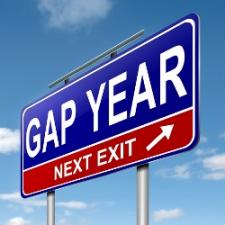College Goes to the Movies -- Part 2
Posted on Thu, 05/23/2013 - 05:38We had so much fun with college-going movies -- and TV series -- last week that we had to add a few more. So here for your enjoyment submitted by friends of the blog:
Star Trek This 2009 film presents the origin story of the iconic main characters from the Star Trek television series. Amidst the alternate reality of time travel and life on other planets, the age-old themes of college admission are a subplot with Kirk trying to gain admittance to Starfleet Academy and Spock turning down the Vulcan Science Academy for Starfleet. If that doesn’t hook you, go for the great characters, good fun, and excellent special effects.
The History Boys A view of university from the other side of the pond, The History Boys follows a group of British school boys with the highest A-level scores at their grammar school as they’re tutored for the exams for entrance to Oxford and Cambridge. (This film should also be prescreened due to sexual situations.)











